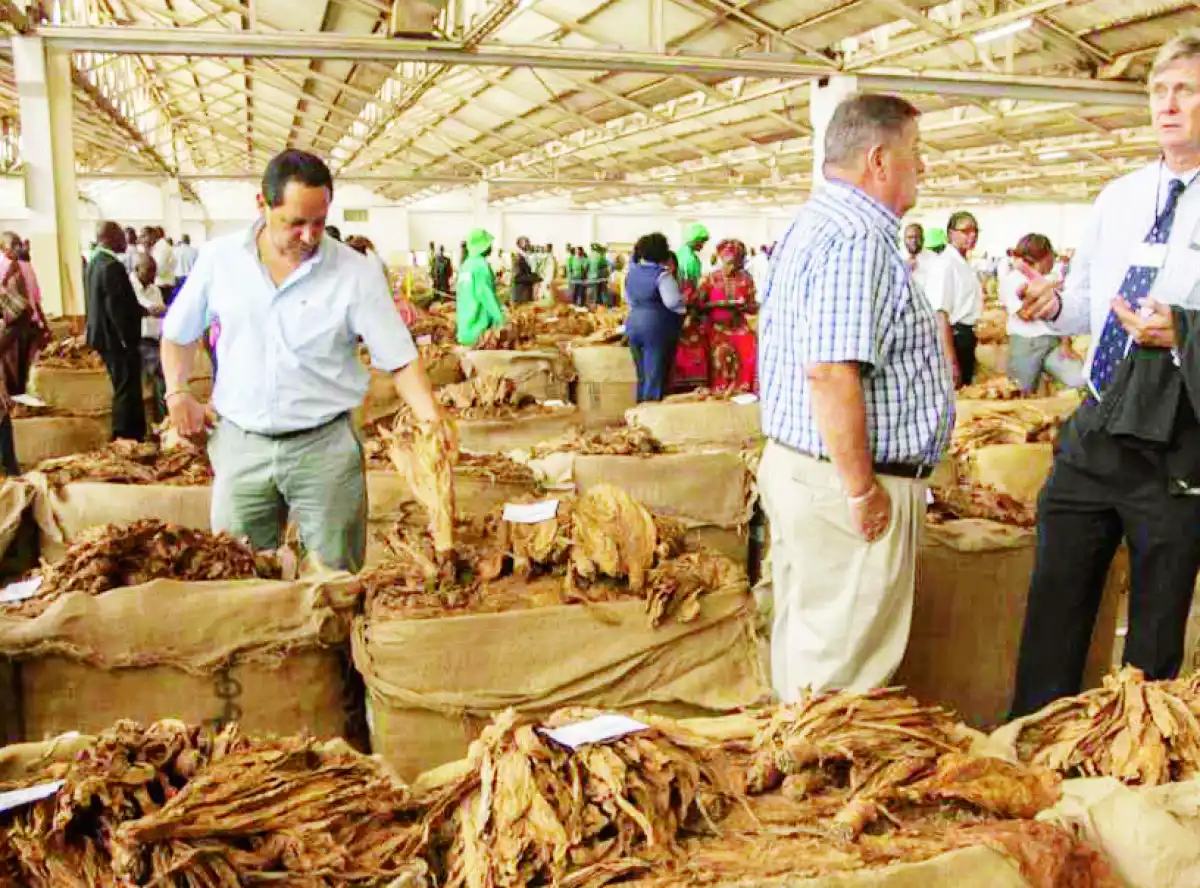The reality is slowly sinking in. Indeed, Dr Saulos Klaus Chilima an energetic, visionary and, entertaining politician is gone. Forever. To return more. We will miss him. A lot. We will miss his manner of dressing. We will miss his communication style. His speeches were spiced with old but powerful tools, notably proverbs (mikuluwiko) and riddles (ndaji/nthanthi).
The proverb and the riddle are knowledge constructions or abstractions from societal experience. In oral societies, where the written word is scarce or non-existent, the proverb, the riddle and the folktale are reservoirs of knowledge and these are passed on, and adjusted, from generation to generation.
That is why they appear to have no known author. One person may have said it one day and other persons may have add one or more elements until it became general wisdom, owned by the entire community.
Collectors of proverbs, riddles and folktales should thus not claim to be authors because doing so nkhwiba kwakufikapo.
The proverb and the riddle are a powerful tool for communicating general wisdom, allowing the targeted audience to feel the praise or criticism internally.
Musicians love the use of proverbs. Our own Phungu Josephy Mkasa infuses lots of proverbs in his music. You may remember him singing, chati chubwi sichinaoloke; koma chati kapakapa; Chauluka chidzatera (translate them on your own).
Preachers, pastors and traditional leaders love proverbs and riddles, too. We have heard at funerals proverbs like moto subwelera kumene wachokera, bush fires march on, and the living are the forest fires (death) will consume.
Poets, too, love proverbs and riddles. The poetry of Jack Mapanje is one great example. Read “We Wondered about the Mellow Peaches,” from Of Chameleons and Gods. If you don’t understand the poem, do not blame yourselves.
This is because the poem is dense and written in the proverbial/riddling tradition. It can best understood if given some cultural and political context or background.
In proverbs and riddles, sense is derived rather than delivered; message is constructed through deconstruction since the richness of content is latent rather than manifest.
Tili tonse? No. Anyway. Just continue.
Those of who have followed the manifest political life of the late Vice President of Malawi, our late vice president appreciate that his communication style. He knew what his followers loved: proverbs. Some he constructed himself. Others, he polished up for the occasion.
Remember this: Njoka saweta. Of course, elsewhere, snakes and other wildlife are tamed, even domesticated, but due care is taken and readiness to care for them is paramount. Hence, the general old proverb, Njobvu kumeza dzungu nkulinga ….. (you can finish it).
Now that the Vice President is gone, we may need to collect the proverbs he loved into a booklet and analyse his trend of thought. The proverbs and riddles that one often uses may point to what one thinks about an issue or a situation or series of situations.
We have no idea what the late VP was going to say at the funeral of his dear friend, Raphael Kasambara, SC, that fateful Monday June 10, 2024. But we can only guess what his proverb was to be. Certainly it was not going to be moto umatsata kwatsala tchire because that one has now lost its punch.
Perhaps his proverb for the day and occasion was going to be maliro sagenda chifukwa wafuka sangabwenzere.








0 Comments